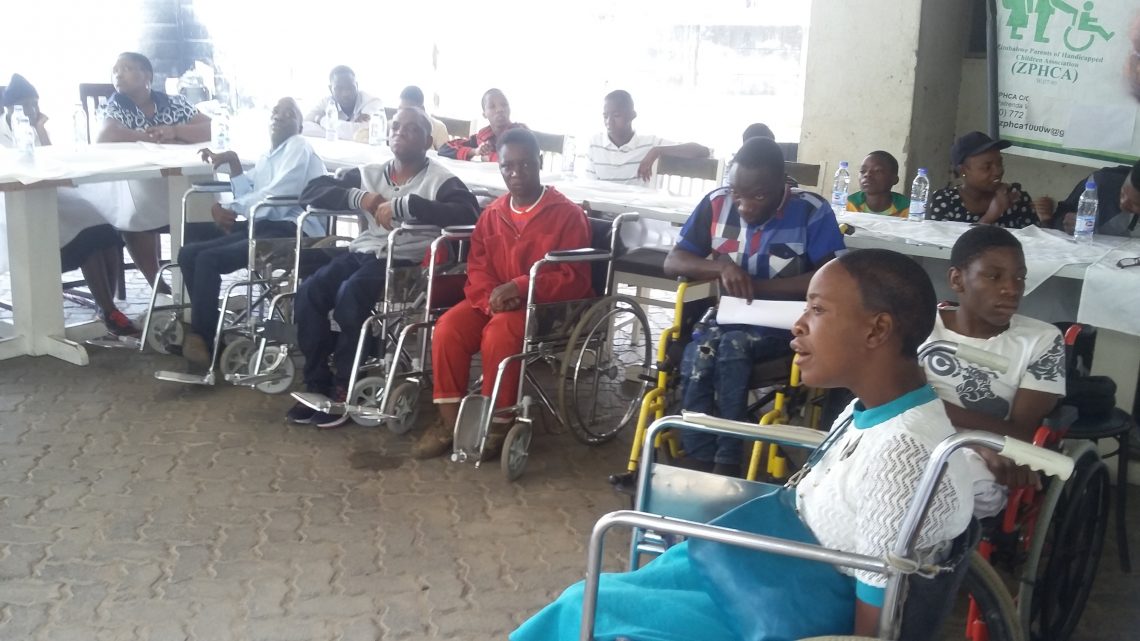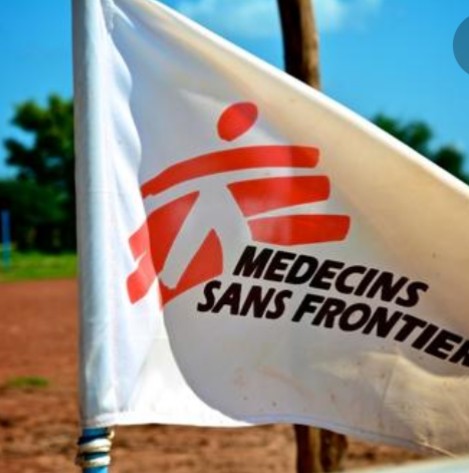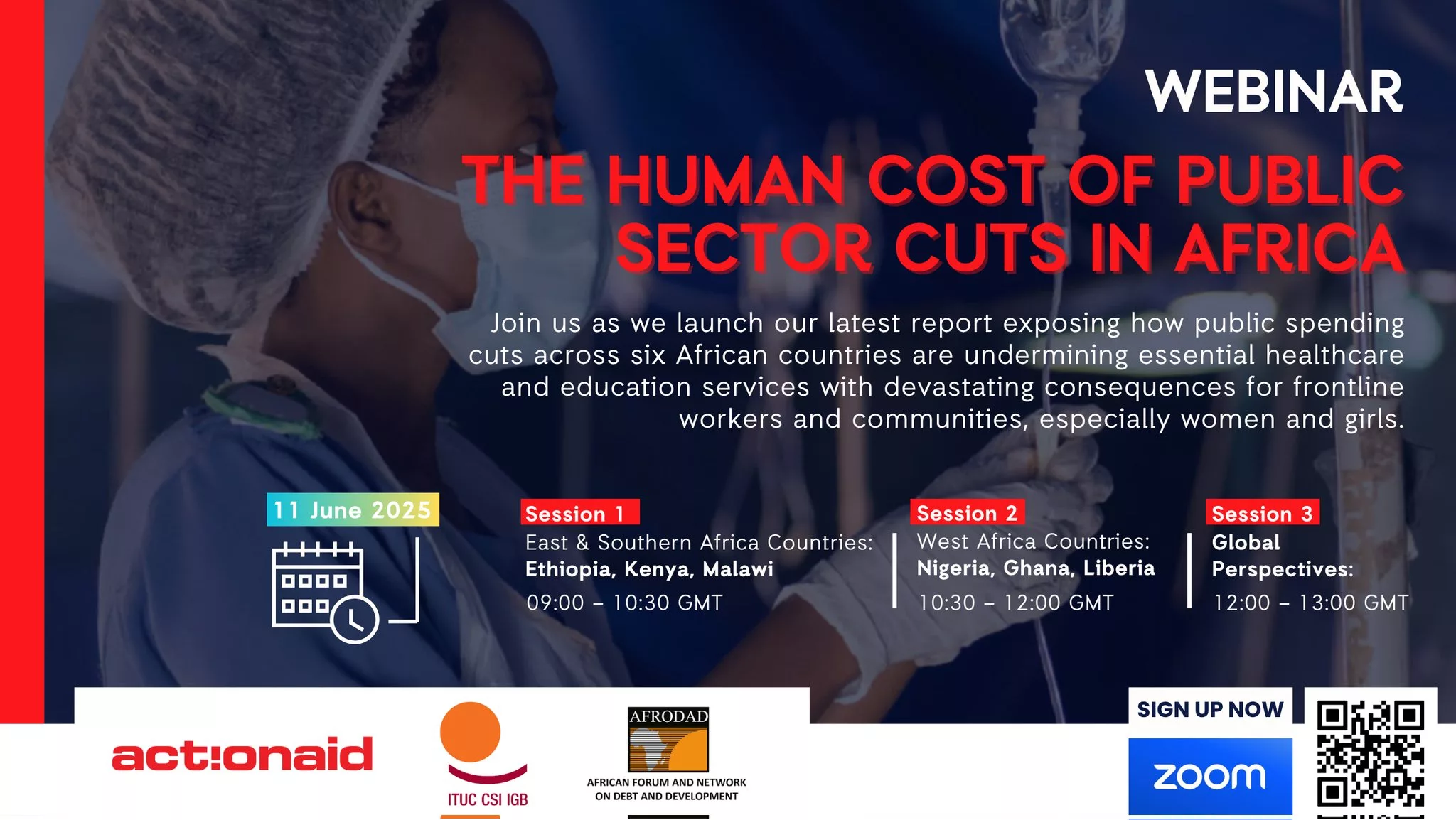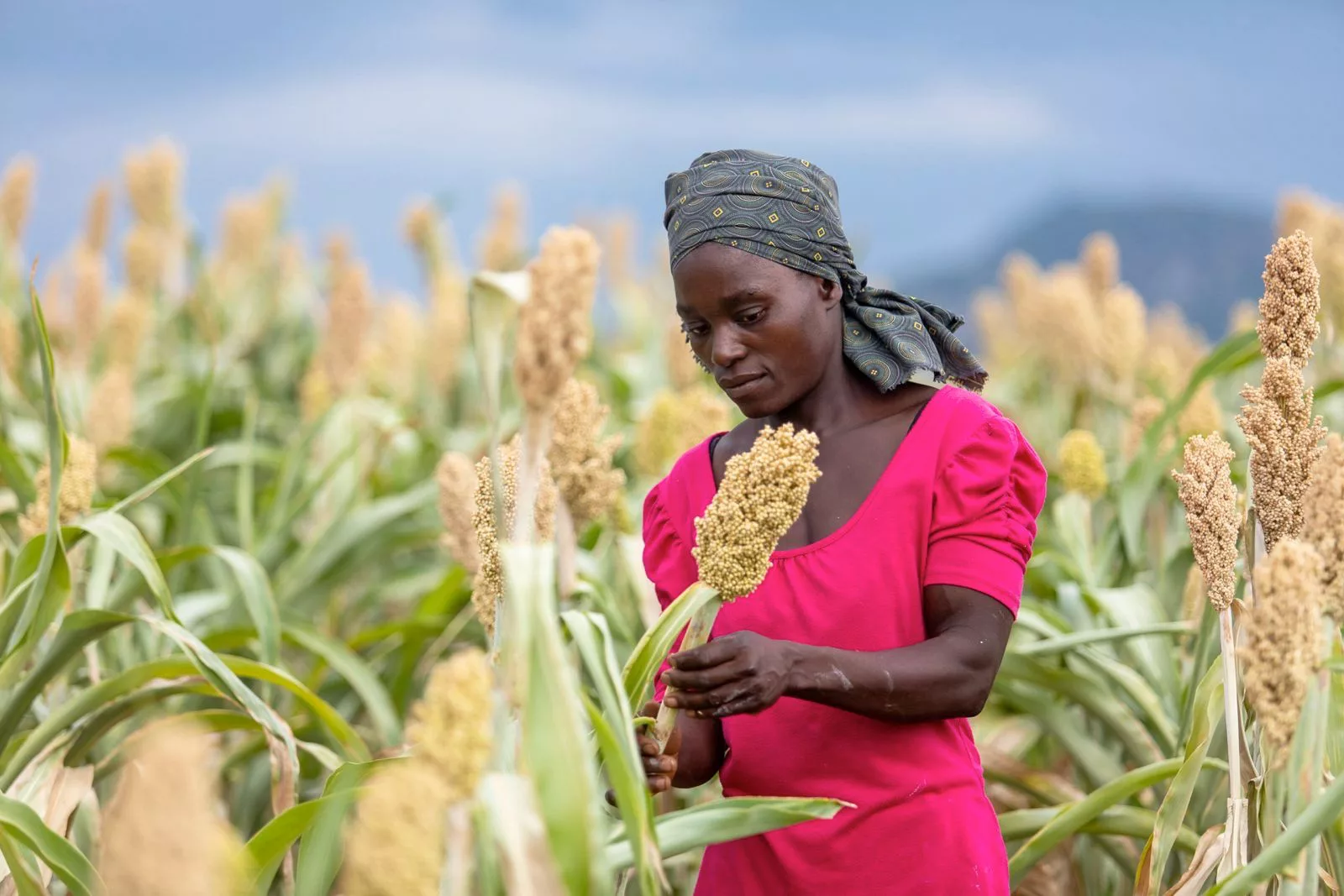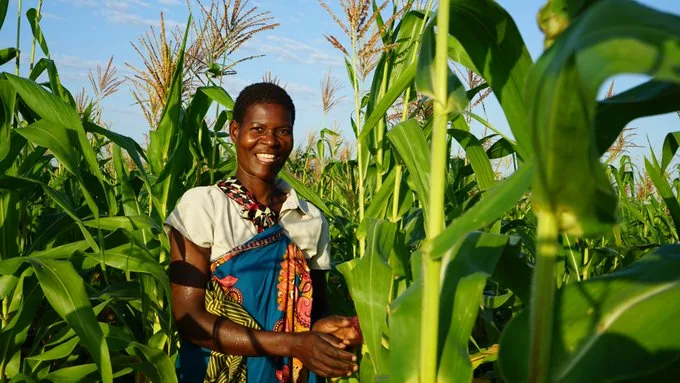By Byron Mutingwende
Caregivers and members of the Zimbabwe Parents of Handicapped Children Association (ZPHCA) held a meeting to highlight challenges faced by persons with disabilities and proffer solutions that lead to sustainable and resilient solutions to this marginalised group.
Speaking at a belated commemorative workshop to observe the International Day of Persons with Disabilities in Harare on Saturday 16 December 2017, Theresa Makwara, the ZPHCA Coordinator appealed to the government to ensure schools had facilities that are accessible to children with disabilities.
The appeal holds water because there are persons with disabilities (PWDs) that find it hard to pursue education because of a number of reasons.
“Facilities at learning institutions should be accessible and friendly to the nature of persons with various disabilities. The unavailability of suitable facilities has disadvantaged and disenfranchised children with disabilities from pursuing further education regardless of how intelligent they may be,” Makwara said.
Tinashe Mashumba (21) a young man who can neither use his hands nor walk and is wheelchair-bound recounted a harrowing tale of how he failed to realise his dream of becoming a lawyer when circumstances forced him out of school after he had only finished primary education.
“I finished my Grade 7 at Jairos Jiri in Southerton. I tried to enrol at Danhiko but I was denied a vacancy because they insisted that I need special supervision from a caregiver since I write with my leg. I also tried to enrol at Jairos Jiri in Bulawayo but they shut their door on me citing the same reasons. My dream of becoming a lawyer has been shattered,” Mashumba said.
Another teenage girl who cannot be named said she faces difficulties during her menstrual cycle and requires assistance in using sanitary pads. She also bemoaned the high prices of sanitary ware as out of reach of many girls with disabilities. She appealed for assistance to further develop the talents of those good at sewing, knitting and craftwork.
Mike Saijeni (17) is a talented wheelchair basketball player and athlete. He is also a singer and music composer. However, the lack of resources is limiting his aspirations.
“I have recorded several songs at First Choice Studios in Chitungwiza. When I took my music to critics, they said there is need for me to improve on the sound and I am appealing for assistance to record at established studious that produce quality sound. For me to develop my basketball and athletics talents, I need special basketball and athletics wheelchairs so I would be able to compete in Paralympics in the future,” Saijeni said.
Trissure Chizanga, a sign language interpreter said those hard of hearing and speech face challenges at home, in the community and at school because there is a communication barrier arising out of the fact that society does not understand sign language.
“At school, most teachers don’t have knowledge of sign language. Worldwide, sign language is not standardised hence the deaf won’t understand each other since the signs differ from one area to another. The way a boy is perceived in sign language is different from one locality to another. This then affects the type of sign to be used,” Chizanga said.
She urged the deaf worldwide to be united work together to come up with a unified, universally accepted sign language. The communication barrier often results in the deaf to feel neglected and end up with low self-esteem.
“For an inclusive education, I urge all training institutions to have a component of special education. We need an Act of Parliament that compels the teaching of sign language in all schools. Exams for the deaf should be set in sign language which they understand better,” Chizanga added.
According to the Division for Social Policy and Development Disability of the United Nations, the International Day of Persons with Disabilities was proclaimed by the United Nations General Assembly resolution 47/3 in 1992. It aims to promote the rights and well-being of persons with disabilities in all spheres of society and development, and to increase awareness of on the situation of persons with disabilities in every aspect of political, social, economic and cultural life.
Building on many decades of UN’s work in the field of disability, the Convention on the Rights of Persons with Disabilities, adopted in 2006, has further advanced the rights and well-being of persons with disabilities in the implementation of the 2030 Agenda for Sustainable Development and other international development frameworks, such as the Sendai Framework for Disaster Risk Reduction, the Charter on Inclusion of Persons with Disabilities in Humanitarian Action, the New Urban Agenda, and the Addis Ababa Action Agenda on Financing for Development.
The theme for 2017 IDPD is “Transformation towards sustainable and resilient society for all”.
The 2030 Agenda pledges to “leave no one behind”. Persons with disabilities, as both beneficiaries and agents of change, can fast track the process towards inclusive and sustainable development and promote resilient society for all, including in the context of disaster risk reduction and humanitarian action, and urban development. Governments, persons with disabilities and their representative organisations, academic institutions and the private sector need to work as a “team” to achieve the Sustainable Development Goals (SDGs).


